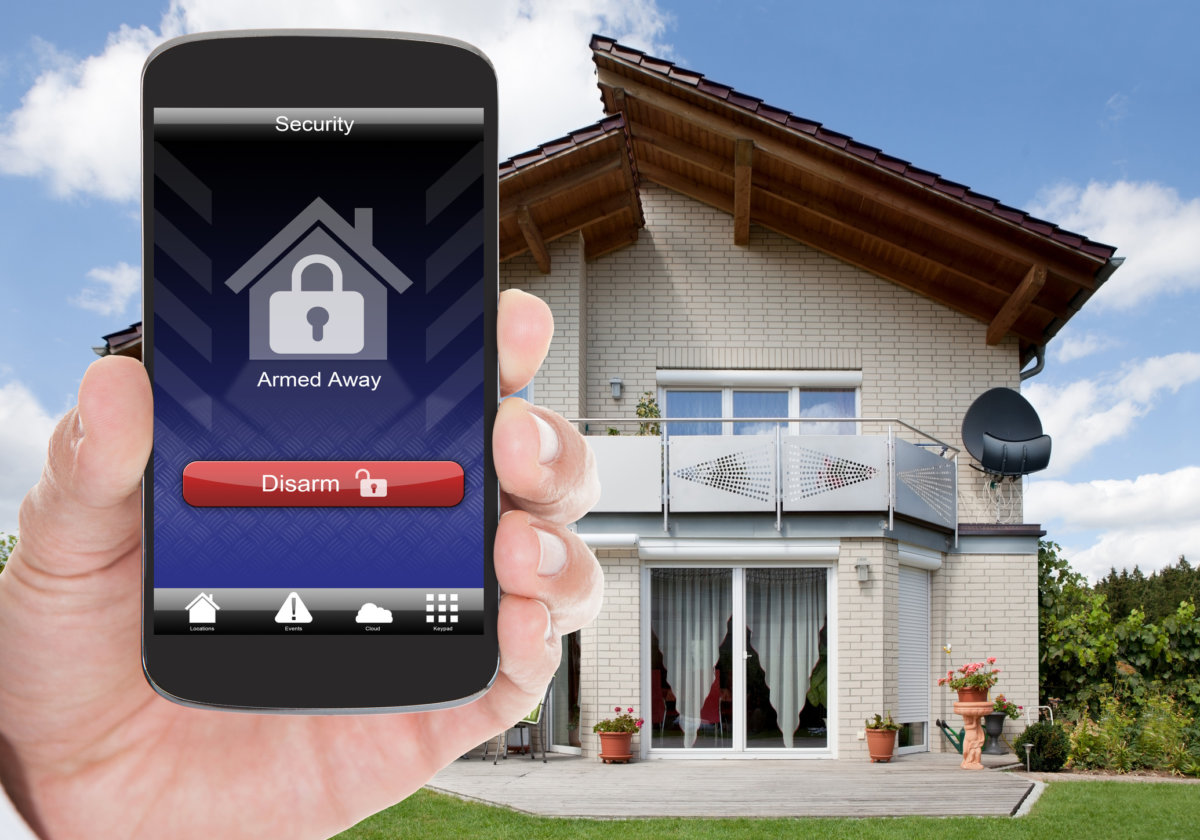So, you stepped out of the apartment at 7AM to grab the paper and the door slammed shut behind you. Immediately you realize you don’t have your keys – you’re just thankful you decided to put on pants before making your quick excursion to the hallway! But then it hits you, what now? If you’re anything like me, I’m dreading the idea of dealing with a locksmith more than I’m dreading my neighbor walking out on his way to work and finding me in my PJs.

Locksmiths normally fall into the same category as Used Car Salesmen, Moving Companies, and (for me personally) Dentists – all people you would rather never need to talk to, a necessary evil. Sorry if you are one, I don’t mean to offend! Anyway, you’ve probably heard locksmith horror stories: a locksmith shows up, gives you a quote, does the job, and then jacks up the price at the end!
However, fear not. You may think there’s no such thing as an honest locksmith, but I promise there are. I actually work with them every day, plus I know how psychologically and emotionally frustrating it is to find a good locksmith. With that, I want to share my tips, tricks and indicators for “picking” (ha, that’s a pun) out the scammers.
I want to preface this list with a piece of advice: take everything I say with a grain of salt. Nothing in life is a certainty. There will be exceptions to these rules. But, you’re locked out, so you might as well keep reading! You’ve got nothing but time on your hands!
Signs you may want to call a different locksmith:
- The “company name” you find online is just a broad geographic area
Many “locksmith companies” are not locksmith companies at all. They are call centers that get a request for a locksmith and immediately sub-contract the job out to a local locksmith. These conglomerate locksmith companies are looking to cover as much geographic area as they can because they can subcontract out 100% of their work. If you see company names such as “Reliable San Diego Locksmiths” or “Best San Diego Locksmiths”, consider it a red flag. - When they pick up the phone, they try to avoid mentioning a real company name.
When you call any normal business, the person on the line usually leads off with their name and company. When I don’t hear a company name but instead, “Hello, locksmith”, when they pick up the phone, it’s a red flag for me that I may be dealing with a locksmith conglomerate. Because these call centers are subcontracting out to dozens or hundreds of locksmiths, they never want to say a company name. Things could get messy if you call a locksmith conglomerate back, expecting to get routed to the first company you spoke with, but end up getting a completely different one. - Getting transferred multiple times in one phone call.
These locksmith call centers need to route your call to a locksmith based on your zip code, so you end up getting transferred around until you reach the person that is in charge of outsourcing in your area. Maybe some legitimate locksmiths need to transfer you once, but if they transfer your call much more than one or two times, that’s another red flag.
Why you want to avoid these:
There are a few reasons you want to avoid these situations. The first is that these key4usandiego make money by taking a cut from the locksmiths that are really doing the work. Most locksmith companies are small operations with a few people, a truck, and maybe a storefront. They don’t have the same resources as a conglomerate to make them easy to find on the internet. And, in a lockout emergency, people normally pick the first result that pops up on Google.
Also, locksmith key4usandiego may set prices for common locksmith activities like: keys broken in locks, drilling a lock, new lock installation, etc. so they know how much they will make per job. The locksmith that comes to your door knows these prices, and has a set amount they are responsible for paying to the conglomerate. If they think they can get you to pay more than the normal rate, they will upcharge you and pocket the difference. It could be because they are dishonest, but not all the time. Remember, the conglomerate will take a huge portion and commission of what you end up paying the locksmith.

